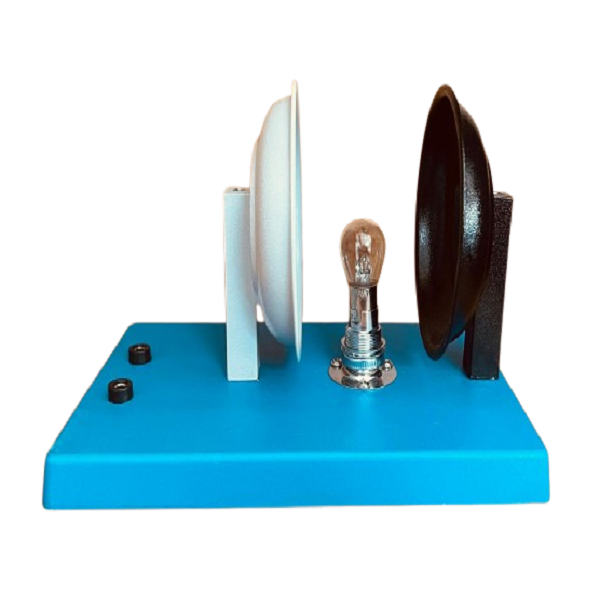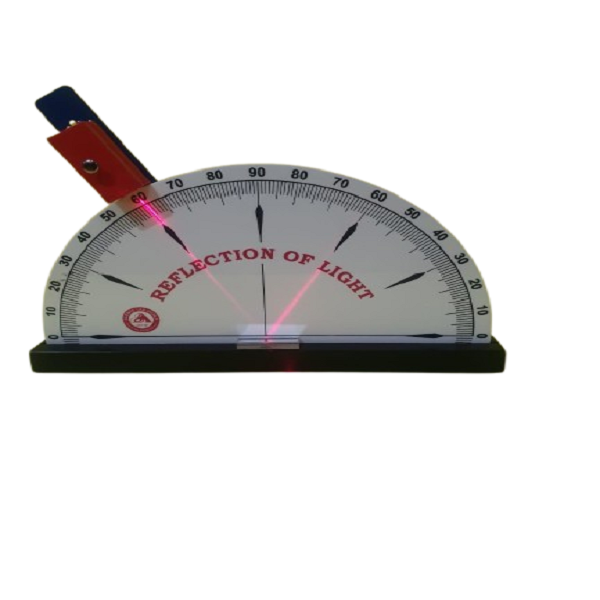Heat absorption is the process by which a substance takes in thermal energy from its surroundings, which increases the substance’s internal energy. This process is important in many applications, such as air conditioning and refrigeration systems.
Here are some other things to know about heat absorption:
-
Heat of absorptionThe amount of heat energy absorbed or released when a substance changes phase. This is important in thermochemical energy storage, which uses chemical reactions and phase changes to store thermal energy for heating and power generation.
-
Heat-absorbingA chemical reaction or compound that absorbs heat. Synonyms of heat-absorbing include endothermic, endoergic, and energy-absorbing.
-
HeatA type of energy that is transferred between bodies due to a difference in temperature. When two bodies with different temperatures are brought together, heat flows from the hotter body to the colder body.
-
Units of heat energyHeat energy can be measured in joules (J) or calories (cal). One joule is the amount of energy needed to raise the temperature of one gram of water by 0.239°C. One calorie is the amount of heat needed to raise the temperature of one gram of water by 1°C.






There are no reviews yet.